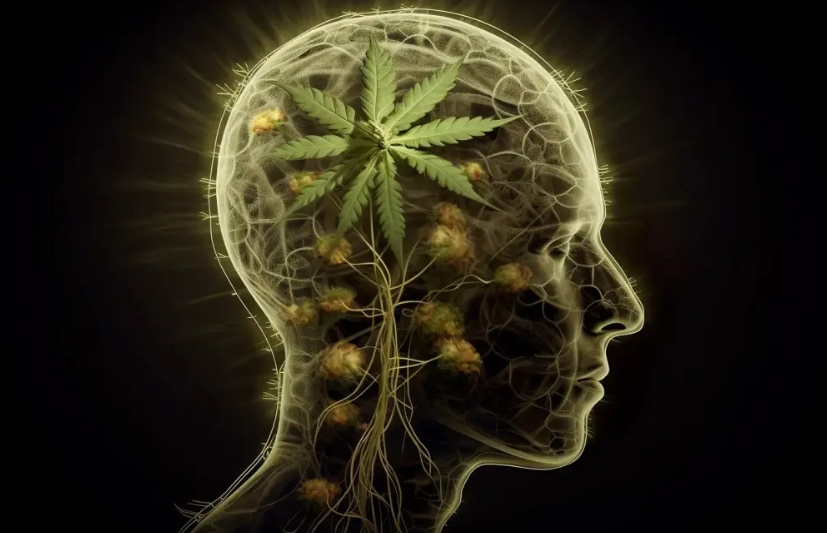Mental Health Treatment Rates Drop After Marijuana Legalization in the US
Alberto Ortega, a researcher at Indiana University, has published the results of a study examining the consequences of recreational cannabis legalization in the United States. According to his findings, drug policy reform has led to a decrease in the number of registered mental health patients.
Prevalence of Mental Disorders Decreased by 37%
Ortega analyzed data on patients who sought medical help for mental health issues from 2007 to 2019. He then compared statistics from 10 regions that legalized cannabis during this period with states that maintained a ban. The results showed that after marijuana legalization, the number of doctor visits decreased:
- by 27% among Black individuals,
- by 9% among White individuals,
- by 42% among men,
- by 37% among women.
Ortega tracked information on mental health patients for four years after cannabis legalization and found that, on average, they visited doctors 37% less often by the end of this period. The demand for psychiatric services dropped each year following legalization, and it is likely that it could decrease even further over a longer period.
Concerns About Cannabis Harm Not Supported by Practice
Based on the data, Ortega could not draw a definitive conclusion about the reason for the decrease in mental health issues. He believes the reduction in medical visits may be due to the plant’s therapeutic properties. In his view, after marijuana legalization, some patients began to self-medicate with cannabis for mental health disorders and stopped seeking professional help.
This hypothesis is partly supported by a survey conducted by Releaf, which found that about a quarter of Britons have used cannabis for medical purposes without a prescription at least once. Among those who self-medicated, 84% to 89% rated cannabis as highly effective.
Ortega’s report challenges the idea that marijuana is a gateway drug. Craving psychoactive substances is considered a mental disorder, so if cannabis led people to use more addictive substances, the number of medical visits would have increased after legalization, not decreased. Therefore, concerns from former Ukrainian Parliament Health Committee head Olga Bogomolets and others about a rise in drug addiction following medical cannabis legalization in Ukraine and other countries appear to be unfounded.



